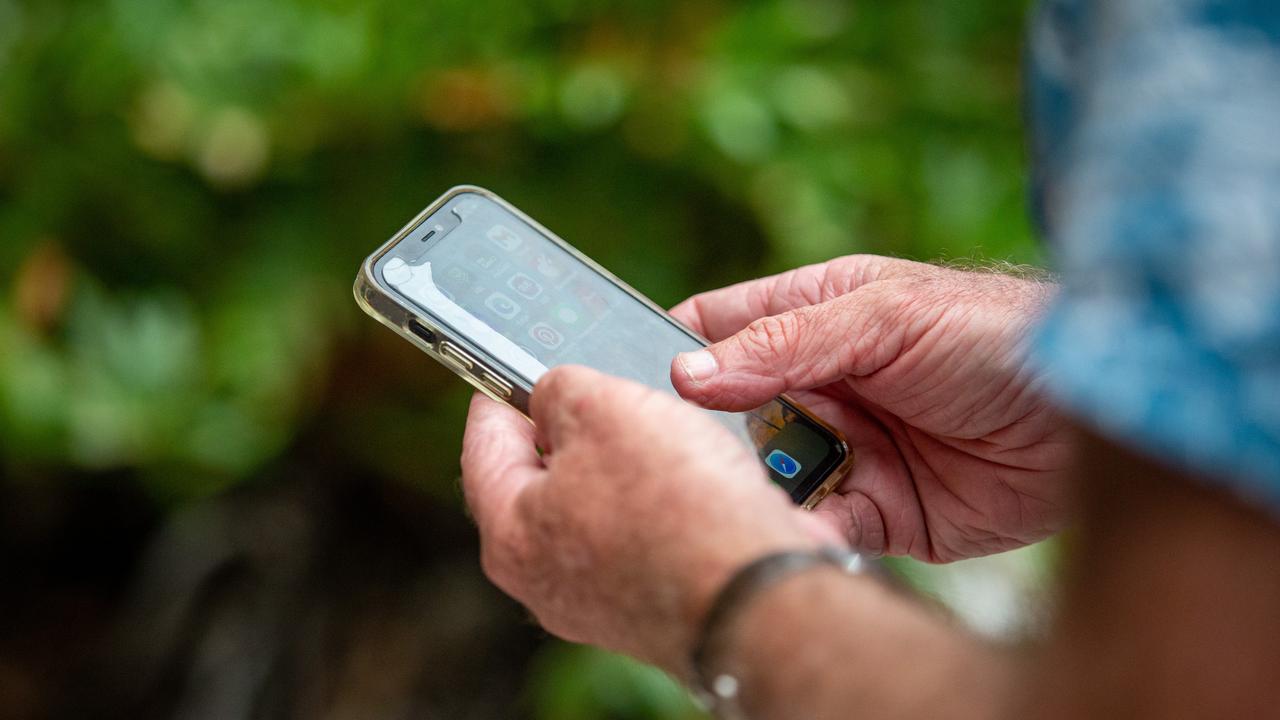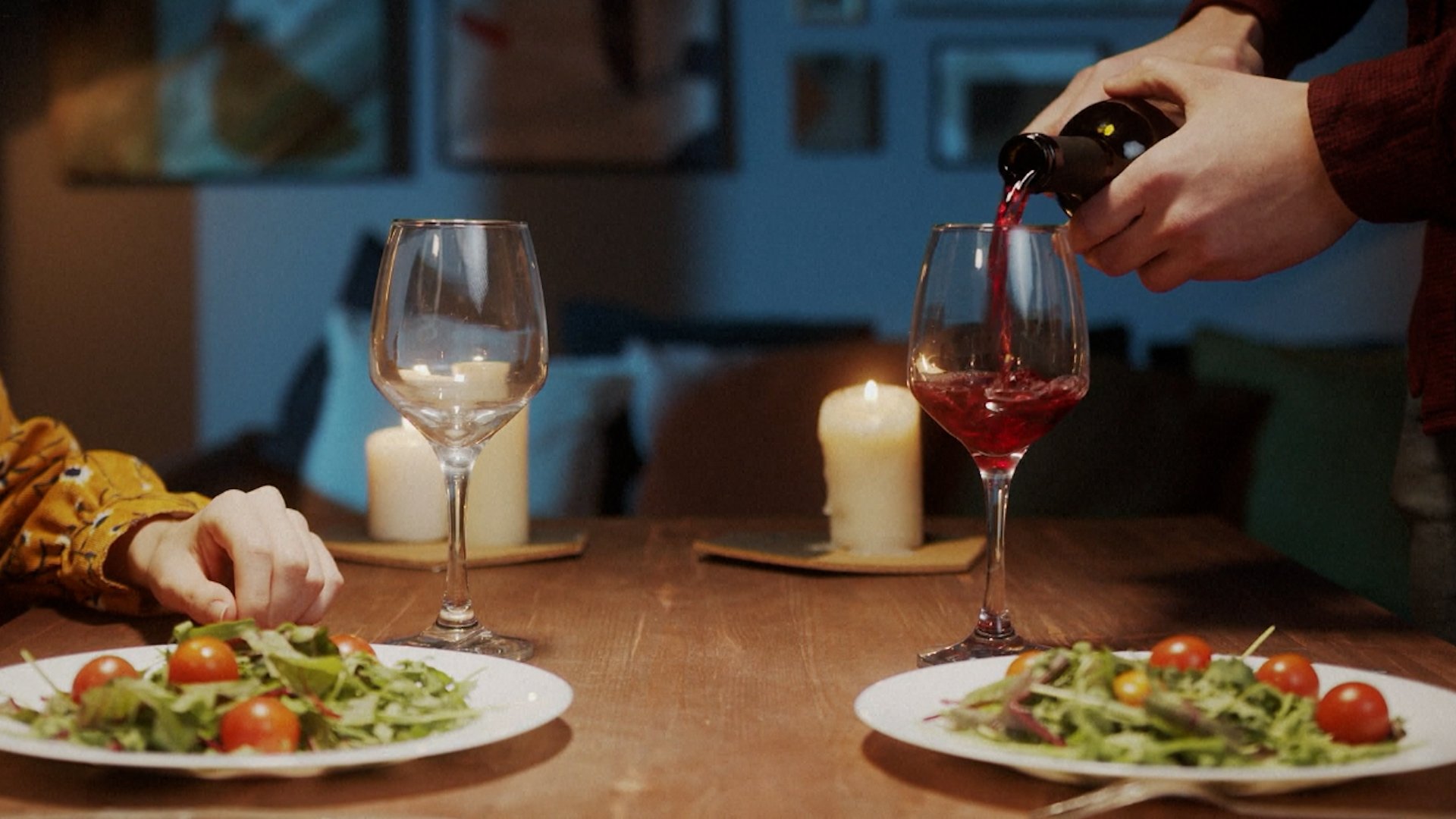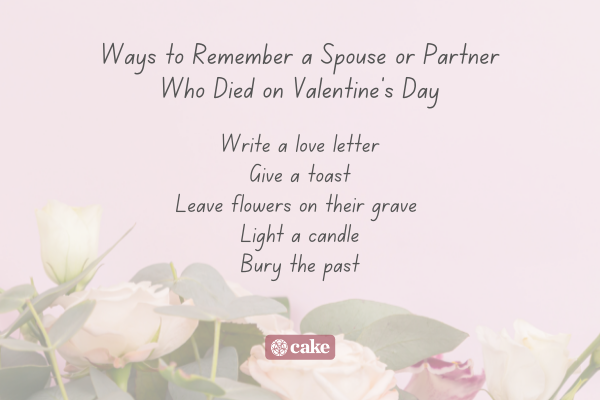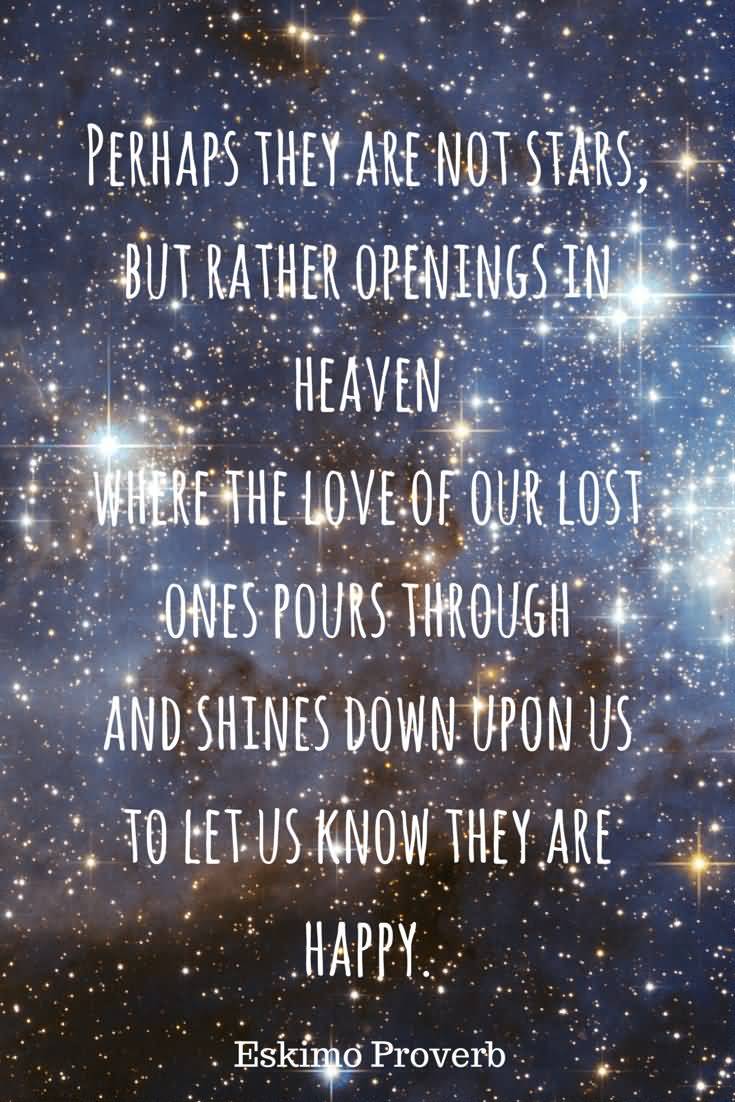Gallery
Photos from events, contest for the best costume, videos from master classes.
 |  |
 |  |
 |  |
 |  |
 |  |
 |  |
After losing someone you love dearly, the world is full of what we call “grief triggers” or environmental cues that bring up memories of your loss. Valentine’s Day can be one big grief Key points. Valentine’s Day can intensify your grief, especially after loss or major life changes. Cope with your grief by using strategies like self-care, connection, and honoring loved ones. Whether it’s your first Valentine’s Day after the death of a loved one or many years have passed, this day magnifies feelings of loss and longing. Like any seasonal holiday, the constant reminders of love—chocolates, jewelry ads, and heart-filled commercials—can intensify the ache of missing someone special. There are so many events that can trigger grief on Valentine’s Day. 3 Ways to Navigate Sadness on Valentine's Day If Valentine's Day feels like a struggle, here are some steps to help you move through your emotions with awareness and self-compassion: Acknowledge and share your feelings with a trusted friend or family member. Whether it’s the first Valentine’s Day you’ve spent without your spouse or partner, or it’s been years, you can use the ideas below to remember a special person who passed away. 1. Write a love letter. Valentine’s Day is an opportunity to express some difficult thoughts and feelings about your late spouse. Managing Valentine's Day after loss Valentine's Day is a time often associated with expressions of love and romance, a day celebrated by couples worldwide. However, for those who are grieving the end of a relationship or coping with the loss of a partner or spouse, this day can be fraught with emotional turmoil, serving as a poignant reminder Here are some suggestions to help you with Valentine’s Day grief: Turn it into a day for self-love and self-care. Treat yourself with extra compassion. There are absolutely no “shoulds” around how you feel, act or deal with the day. Go with what your heart needs. Set boundaries about Valentine’s activities. Participate however you want to. Valentine’s Day has evolved past just being a day for couples, and we now have “Galentine’s Day” and “Palentine’s Day” that help people celebrate their love for their friends and family. So, on this Valentine’s Day, in the face of absence, try and celebrate the love that is all around you in your friends and family. Many people feel the need to put on a brave face to mask Valentine’s Day grief, while others may feel guilty if they smile or enjoy themselves at any point in the day. So, first things first: stop trying to follow a societal rule book on grief. Save yourself the energy and anxiety, and just do you on Valentine’s Day. 2. Tips for Dealing With Valentine’s Day Grief After the Loss of a Loved One. When you had someone you loved and cared about in your life, and now they’re gone, special days like Valentine’s Day can be painful reminders of our loss. Your first Valentine’s Day after the death of a loved one will seem tragically unbearable. Still, you’ll Holidays and other special occasions hurt when you've lost someone you love. Valentine's Day is no exception. When the love of your life has died, pre-Valentine's advertising seems cruel. Perfect gift boxes from Jared and kisses beginning with Kay mock survivor's lonely wedding rings and abandoned lips. Hallmark video vignettes leave tear marks. Valentine’s Day is a day for love, and a day to celebrate with those you love. It’s also another holiday to remember your child, who can no longer celebrate with you. It is a difficult day for all of us who grieve the loss of our child or children. The first Valentine’s Day after the death of a spouse can be especially hard since the day is dedicated to couples and nearly impossible to avoid. While celebrating Valentine’s Day alone might be a shock after spending so many years with a spouse, there are ways that you can get through it to help combat the feelings of loneliness and grief. The media swamp us with images of candlelit dinners and scrumptious chocolates, but grief can make the day feel leaden. On Valentine’s Day and throughout the year, we can take steps to navigate grief, Francis says. Philadelphia also has resources to shepherd us through bereavement. Acknowledge your grief—and don’t try to fix it Read full article: Houston Zoo mourns loss of 52-year-old orangutan An emergency call box at the University of Houston, the call boxes are all over campus Thursday, Feb. 7, 2013, in Houston Valentine’s Day can be difficult to celebrate after the lost of a loved one. Often, you’re left with a hole where love once blossomed. Loneliness and sorrow can sometimes capture the day. It doesn’t have to be that way. Celebrating Valentine’s Day after the loss of your loved one is possible and may bring you a sense of hope and love. The Emotional Push and Pull of Grieving on Valentine’s Day. Valentine’s Day can stir up a whirlwind of emotions for those who are grieving. On one hand, the holiday’s emphasis on love and connection might bring a longing to honor the person you’ve lost and express how much they mean to you. On the other hand, it can amplify the pain of While Valentine’s Day is intended to be a holiday for spouses and couples to celebrate their relationship, the day can be a painful reminder for seniors who have lost a spouse. Brightview Senior Living has some tips and suggestions for adult children helping loved ones find ways to celebrate and remember on this day of love. Acknowledge the loss But perhaps the best is intentionally reframing the way you think about the day. Change the Meaning of Valentine’s Day. Remember, love is at the heart of Valentine’s Day. It stands to reason that reframing the day can be a healthy way to cope with the holiday.
Articles and news, personal stories, interviews with experts.
Photos from events, contest for the best costume, videos from master classes.
 |  |
 |  |
 |  |
 |  |
 |  |
 |  |